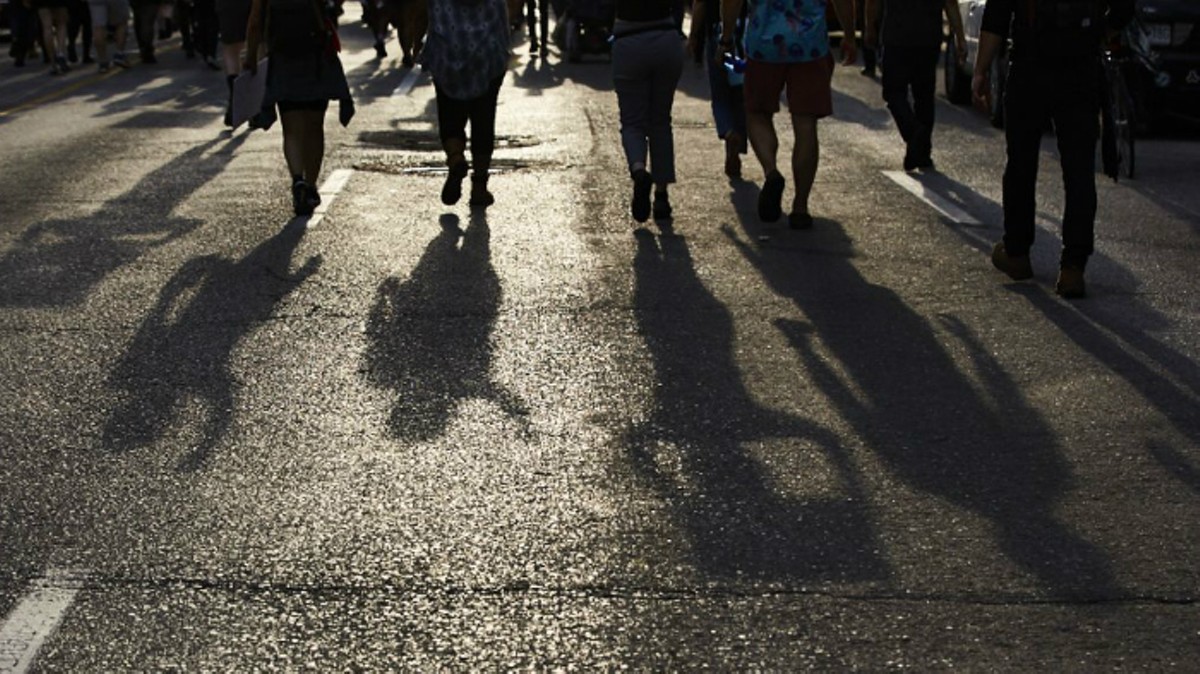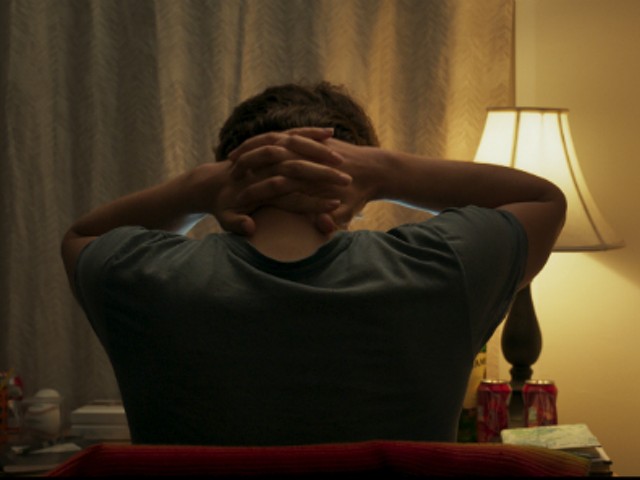The police murder of George Floyd in Minneapolis brought America together in ways few might have imagined.
When commentators with names like Hannity and Limbaugh agree on a set of facts with commentators with names like Maddow and Sharpton, you’ve got a story. Just about everyone had the same view of what accused murderer Derek Chauvin did to Mr. Floyd. Just about everyone was disgusted.
Many police officers and their departments across the nation even took the unusual step of directing sharp criticism to their brethren in Minneapolis. Some took a knee in a moving show of sympathy and solidarity with the protesters.
If President Donald Trump has his way, Americans will return to tribalism over fallout from the protests. To his unmistakable dismay, the public has overwhelmingly supported the peaceful protesters, not his authoritarian bluster and that historically repulsive, upside-down-Bible photo-op travesty near the White House.
St. Louis has had mostly inspiring protests that, for the first time, include displays of unity even in places like St. Charles County and on the streets of other wealthy suburban areas. There’s been tragedy, too, with the death of beloved former police Capt. David Dorn, killed during the senseless looting of which the city and county have had more than their share.
That looting and vandalism has marred the response nationally, but it has not diminished the just cause of the protesters. Their rage is righteous, even if the collateral damage caused by criminals — including some spurred by whites with an agenda — will provide fodder for the political discord upon which the president feeds like a virus.
In that vein, we saw police union racial agitator Jeff Roorda last week attack St. Louis police Chief John Hayden, claiming police had “no confidence” in him. Consistent with presidential messaging, Roorda asked Gov. Mike Parson to put the National Guard or Missouri State Highway Patrol in charge of clamping down on protests.
That evoked a stunning rebuke of Roorda from the customarily too-reticent Hayden: “A person who is as controversial and divisive as he is, through his words and actions, has no seat at my table, and I am not alone in this sentiment.”
Attorney General Eric Schmitt tried to pin the release of 36 “looters and rioters” on Circuit Attorney Kim Gardner, even though police never even brought 28 of those cases to her office for review and there was no evidence offered that the remainder were not handled properly.
But nationally and even in St. Louis, one bridge may have been crossed: A growing consensus has emerged, at long last, that America faces a crisis of confidence with regard to the treatment of African Americans by law enforcement and the judicial system. This is a rare opportunity for our country — to begin working together for unity in a space where divisiveness has always stifled progress. Americans agree on basic principles of racial justice far more than tribal politics would suggest, especially when it comes to preventing crime in the first place.
The devil is in the details. Unless and until there is change in national leadership, the ideas must bubble up from local citizens and their representatives in places like St. Louis. I’ve decided to borrow another St. Louisan’s thoughts on the subject:
“The system must address violence in our communities. Decades of experience shows us that this is not a problem that can be solved by police officers and prosecutors working alone, using incarceration as the only tool. Unfortunately, only a small proportion of violent crimes reported are ever solved, so, for the most part, the criminal justice system does not touch the parties involved in or affected by these offenses.
“In addition, decades of intolerably high levels of violent crime have shown that while incarcerating the convicted is often necessary and appropriate, it alone cannot successfully address the stubborn problem of violent crime in our city. Law enforcement officials should do more for victims than simply make arrests. “They can identify and help those who were physically injured, children who witnessed the crime, family members who learned about it and feel afraid, and close friends who are also experiencing a loss.
“Preventing violence begins with addressing victims and helping them heal. Many people who commit violent acts were once victims themselves. Giving victims the help that they need is not only good for them, it is critical to the community. The health and safety of crime victims and witnesses should be a top priority of the system, without a demand or expectation of anything from them in return.
"There needs to be counseling to victims of domestic and/or sexual assault, including providing them relocation assistance so they have the resources to escape further harm. Support for victims means social workers should be integrated into the criminal justice system so they are not subject to long wait times for services, as in the past.
“Of course, public safety sometimes requires the incarceration of individuals who commit violent crimes. This incarceration doesn’t happen in a vacuum, however, and it causes pain and hardship to family members who are left behind.
“The children of incarcerated parents are more likely to suffer from depression and post-traumatic stress disorder. Their families are plagued by economic instability. A breakdown in the parent-child relationship that can occur during incarceration contributes to a variety of negative outcomes, including increased criminal behavior in our next generation.
“Our criminal-justice system should address the emotional impact on children of being separated from their parent. It should provide job training and placement assistance for caregivers of children with incarcerated parents. Children whose loved ones are incarcerated ought to be able to maintain contact with them through child-friendly visitation conditions at the jail and free telephone calls.
“We can reduce violence by helping to strengthen the relationship between the community and law enforcement and increase confidence in the justice system.
“When members of our community trust that the police and prosecutors treat everyone fairly and genuinely want to help keep them safe, they are more likely to seek help when they need it, report crimes, and participate in investigations.
"In many cases, people who commit crimes can be helped by diversion programs that reduce reoffending by getting them treatment and social services that would have prevented those crimes in the first place. If addressing their underlying problems can keep them in school or working productively, rather than having criminal records and incarcerating, the community comes out ahead.
“To do that, prosecutors can’t bring cases lacking evidence and they cannot overcharge suspects to force plea offers. The system needs to stop arresting and detaining people accused of misdemeanors and low-level felonies, so that those who pose no public safety threat would not be held in custody simply because they don’t have the money to bond out.
“Building a strong, trusting relationship between the community and the police must be a top priority. Police officers cannot have incentive to engage in misconduct, and those who have been indicted, untruthful or have shown prejudice on racial, ethnic or religious lines — based on public comments and actions — cannot be counted upon for testimony.”
Not many people in St. Louis would find fault with any of that. It’s a sound, realistic and compelling — albeit idealistic — strategy for combating the scourge of violence.
But not so many would recognize the author as Kim Gardner, who like St. Louis County Prosecutor Wesley Bell Jr. is a lightning rod for controversy for her radical position as part of a national movement of reform prosecutors.
The words are on Gardner’s website in her campaign for reelection. She will be challenged in August by a respected former prosecutor, Mary Pat Carl. This is not an endorsement of Gardner — just a suggestion that what unites us is stronger than what tears us apart, especially if people can get past the rhetoric and the headlines.
Suddenly, even the words of a radical reformer don’t seem so radical anymore.
Ray Hartmann founded the Riverfront Times in 1977. Contact him at [email protected] or catch him on St. Louis In the Know With Ray Hartmann from 9 to 11 p.m. Monday thru Friday on KTRS (550 AM).






